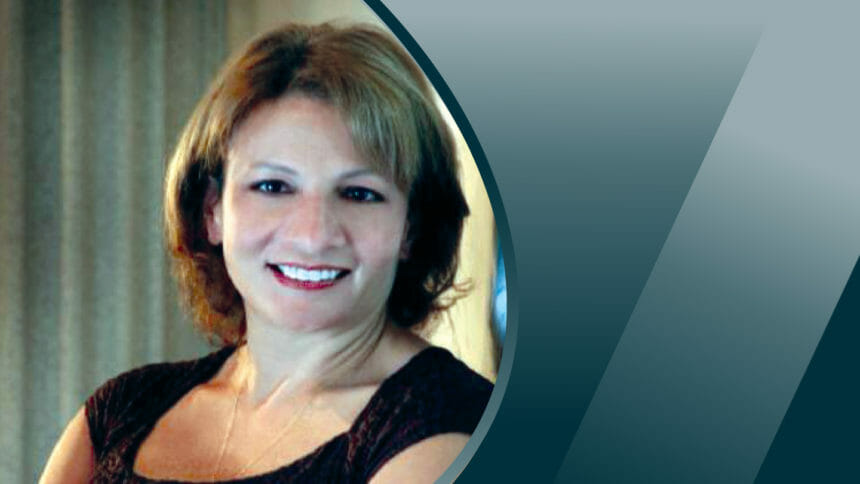
Always an advocate of public health, I’ve spent considerable time as a participant in research studies, both as an investigator and subject. Most recently, I’ve been a participant in a study with a local research hospital system, focusing on older healthy adults and tracking them annually over time (20 years!) to see if any brain exercise, dietary interventions, or physical activity make a difference in how they evolve neurologically.
I currently have a two-hour Zoom meeting every Wednesday evening with a cohort of other healthy middle-aged and older subjects to talk about and work on interventions. This goes for 12 weeks and will repeat annually, along with a host of in-person, cardiovascular, neurological, cognitive and physical tests. Sounds pretty cool, right?
Our instructors are mostly 30-ish year-olds with advanced degrees, advanced research capabilities, and high hopes. And they don’t have much experience working with healthy adults of (ahem) advanced years.
Two hours, every week, we listen to slow, sing-song-y intonations that one would expect to be heard over the crib of a restless baby. The yoga instructor, who’s a little older and should know better, gives her (very basic) instructions in a way that could put anyone to sleep. Each of the preceptors ends their instruction with: “Do you understand? Are you comfortable? Do you want your cocoa now?”
That last one was made up, but you get it. Imagine being a resident of a SNF and everyone you meet talks to you like you’re an infant. I can’t.
How many times have we talked about (and to) our geriatric clients like they’re babies? A highly respected and well-known LNHA in our area once told me, “The new admission in 210 is so stinkin’ cute.”
The “new admission” was an 83-year-old man who had just lost his wife, fell and sustained a fracture and came to us. He was a Vietnam veteran and had led a successful construction company. To reduce him to terms that we use for toddlers was infuriating. I asked our administrator to please not refer to a grown man as “cute.” I then held an in-service for my staff to ensure that we weren’t perpetrating that indignity on anyone else.
I once worked at a very large SNF that had an influx of Russian immigrants who were able to come here in the early 2000s after Perestroika. Some of them were victims of the Chernobyl disaster and had a multitude of cancer diagnoses and other problems. At the same facility, there was a host of Holocaust survivors. More than once, I had to stop a staff member who called these people “Sweetie” when delivering care. To endure what they did and to be reduced to “Sweetie” at the end of their years is beyond dishonor.
I emailed our research study grad student with my concerns. I explained that the manner in which we were spoken to was, at best, tedious (two hours of this) and, at worst, offensive. They responded that they were glad I expressed my concerns and would work on their communication.
I’m glad I spoke up. All the participants in the study are healthy adults. The PhD students and their leadership have good intentions, and the study will be valuable, not just for us, but for others in the future. But patience runs low for two hours when you’re treated beneath your intellect. Imagine how our clients feel when they’re subjected to it for 24 hours, not just two.
We need to remember that our clients are adults and should be treated as such. We are all aging, and if we’re lucky, we will all get old. Treating the older adult as an adult should always be a priority.
Jean Wendland Porter, PT, CCI, WCC, CKTP, CDP, TWD, is the regional director of therapy operations at Diversified Health Partners in Ohio.
The opinions expressed in McKnight’s Long-Term Care News guest submissions are the author’s and are not necessarily those of McKnight’s Long-Term Care News or its editors.
Have a column idea? See our submission guidelines here.




